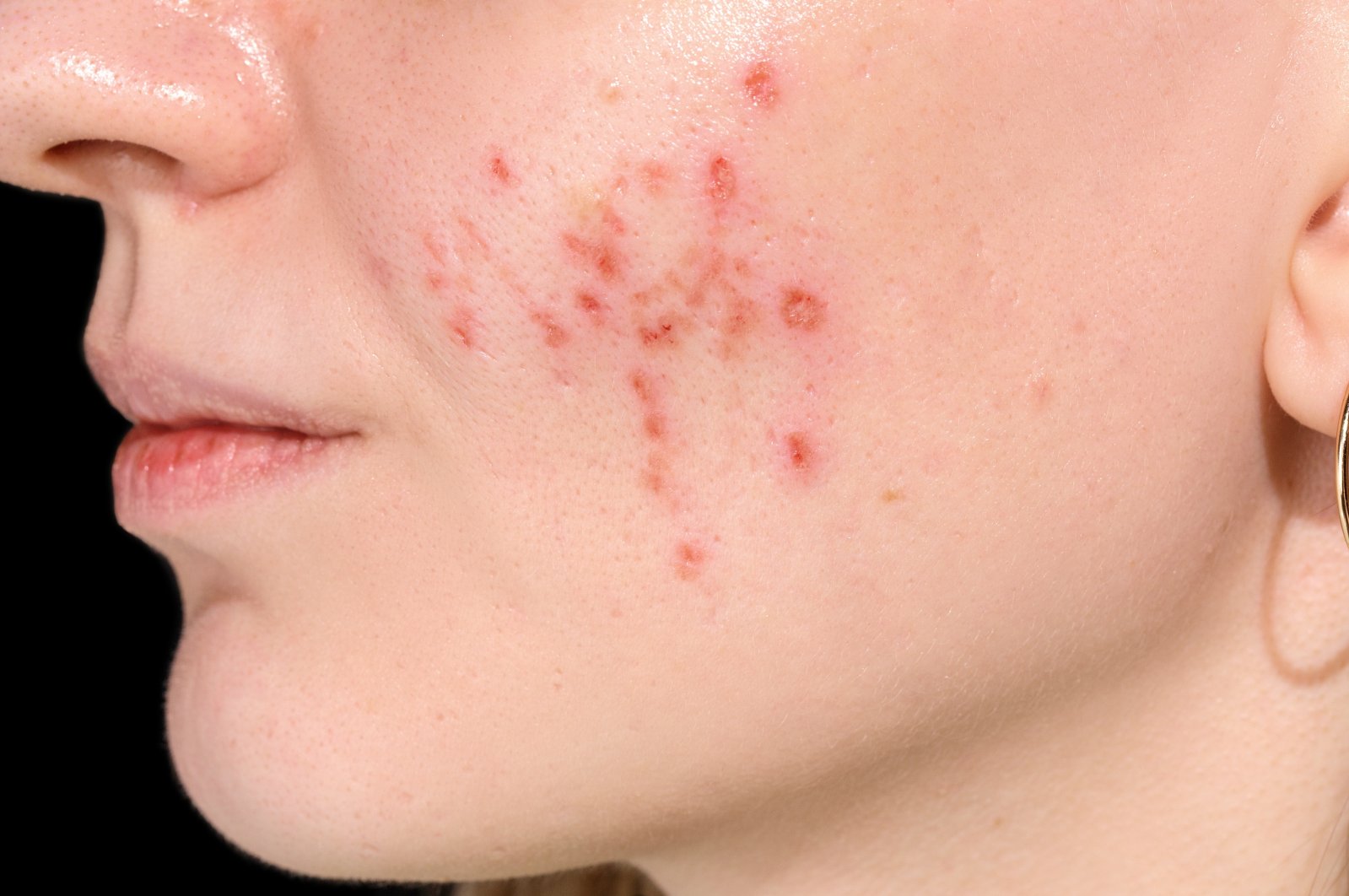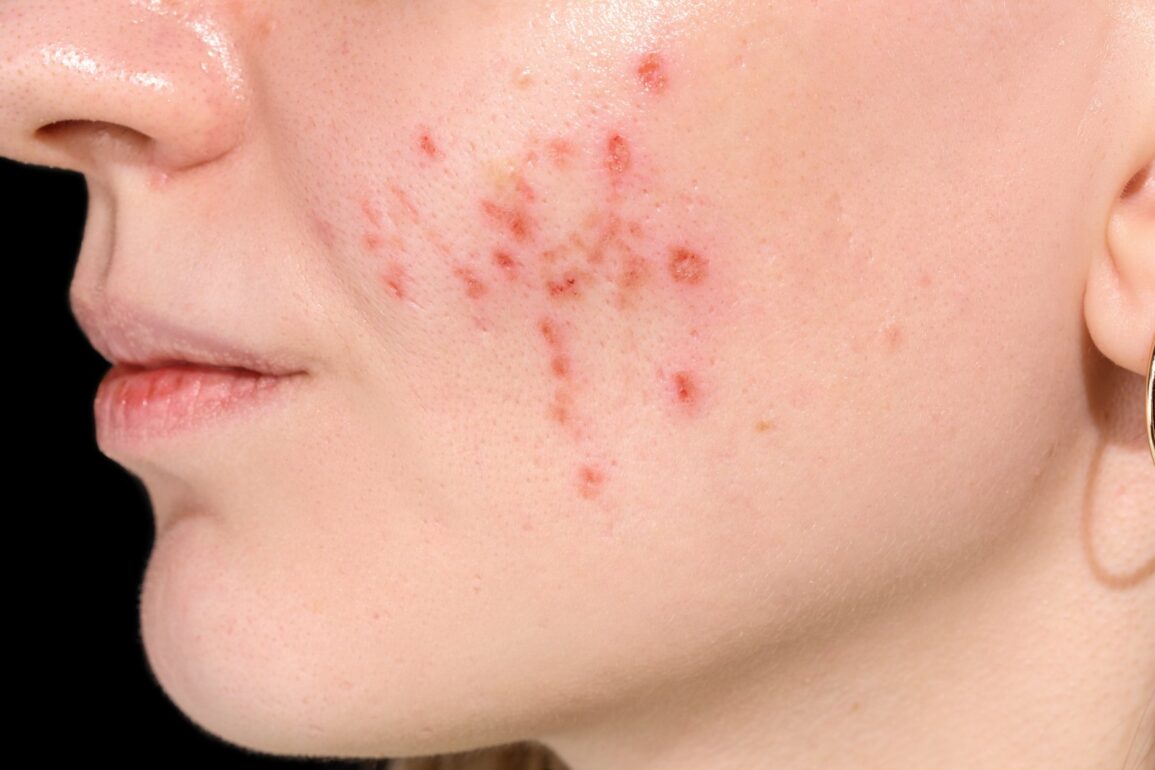
When we’re aiming for smooth, beautiful skin, we often reach for makeup and skincare products to boost our looks and tackle skin problems. While these products can do wonders when used right, they can also cause problems we might not think about. Knowing how makeup and skincare can mess with your skin is key to keeping it healthy and glowing in the long haul.
Dermatology Specialist Prof. Dr. Zekayi Kutlubay stated that the excessive use of cosmetic and makeup products, which has become a craze lately, partly due to the influence of social media, is causing skin barrier problems that should typically start around the age of 40 to occur as early as in the late teens.
The breakdown of the skin barrier leads to various issues, from eczema to severe acne, resulting in longer and more expensive treatments. In recent years, sharing posts on social media regarding the consecutive use of various skincare or makeup products, which has become a trend, has also contributed to the breakdown of skin barriers in young people as young as in their late teens.
Dr. Zekayi Kutlubay from the Department of Dermatology at Istanbul University Cerrahpaşa-Cerrahpaşa Faculty of Medicine noted that the use of numerous types of cleansers, creams, skin serums, foundations, concealers and other makeup products for skincare or makeup is causing damage to the skin barrier that typically starts in the 40s to occur at much earlier ages.
Dr. Kutlubay explained that the top layer of the skin is called the skin barrier due to the presence of a dead layer of skin: “This layer forms a protective film on the skin, which is crucial in preventing microorganisms from the external environment from penetrating and invading the body. Over time, this protective layer can be disrupted due to various factors. Normally, we expect the skin barrier to be compromised mostly after age 35-40.”
He continued: “Especially toward menopause, this disruption can occur due to the hormone decrease. Unfortunately, due to the craze for various makeup products such as foundation and others today, skin barrier disruption has fallen to ages 18 to 20.”
“Excessive use of cleansing products, excessive washing, using too many cosmetic products and applying excessive amounts of makeup in succession can lead to the breakdown of the skin’s barrier layer,” he added.
Some use 6-8 products daily
Dr. Kutlubay pointed out that when the skin barrier is compromised, more significant problems can arise: “I have patients, young girls, who come to me with many makeup products and skincare items, using 6-8 products in succession daily. One of the most severe conditions is atopic eczema, which results in crusty, scaly and itchy skin similar to eczema.”
He also said: “Another condition is cystic acne, which leads to exaggerated pimples the size of chickpeas or hazelnuts; we are faced with treatment scenarios that require longer, more serious and higher-level medications.”
Dr. Kutlubay warned against one of the biggest mistakes in skincare: attempting to perform a “peeling” procedure at home using high-concentration acids that doctors typically use. He emphasized that this practice should be avoided.
Dr. Kutlubay explained: “With peeling, we remove the top layer of the skin to reveal a fresh layer underneath. We use alpha hydroxy acids (AHAs) and beta hydroxy acids (BHAs). Lower concentrations of these acids, such as 7.5% or 2%, can be found in daily creams or serums.”
“However, dermatologists use higher concentrations, ranging from 10% to 50%, for therapeutic purposes to exfoliate the skin. When we perform this procedure, it can lead to redness, itching, and peeling similar to a fruit peel,” he added.
Dr. Kutlubay concluded his remarks: “Unfortunately, some individuals order these products online or elsewhere and use them as they see fit, which should only be done by a dermatologist.”
“Due to their uncontrolled and indiscriminate use (in ways not suitable for their skin type), they can disrupt their skin barrier and face bigger problems. They can develop eczema-prone skin, burn their skin or even experience first-degree burns. Deep burns can also occur on the skin. Conversely, acne-like issues can also arise.”
He added: “In such cases, it takes us much longer to fix the damage, and the patient spends more time and money. Even someone with a minor acne problem might use products without consulting a doctor, relying on recommendations from friends or the market.”
Our advice is this: “If you have acne or any skin issue, instead of buying or ordering a product on your own, always consult a dermatologist. They will prescribe an appropriate product based on the severity of your acne.”
This post was originally published on this site be sure to check out more of their content








